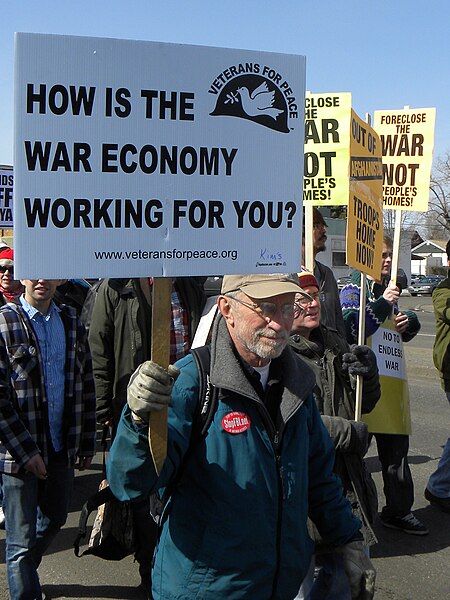
by Reverend Dr. Doe West
Each of our journeys to the path of commitment to a life dedicated to social justice holds a story that has meaning to us very specifically. But we also find many times that our story generates resonance in others – or even shines a light into another’s darkness.
I offer my story with hopes of lighting a candle in all darkness everywhere.
The first seven years of my life were lived primarily in a closet in my mother’s room.
Also in her bed.
And often in the bathroom being very ill, as witnessed and unquestioned by our country family doctor.
I am not going to dwell here on the details of my early experiences, other than to offer that I understand those who suffer emotional, physical, and sexual abuse – as well as captivity and social deprivation.
Nor am I going to focus on my poor mother’s mental illness, which was ignored and, in some ways, enabled by the social beliefs, stigma, and fears in America in the 1950s.
What I will focus on are some of those life altering realizations/impact moments that people sometimes are allowed.
My first impact moment came when my eldest sister mentioned “the little one in mother’s bedroom” to a teacher who DID NOT IGNORE THE WORDS OF A CHILD. That teacher listened and took action to determine the possible (if not inconceivable) truth of a child’s testimony.
The first lesson was the importance of belief in what is told until or unless disproven by honest investigation.
The second lesson was the power of a witness.
And the third lesson was the power of taking action on behalf of another.
From that impact moment and the lessons learned, a cornerstone life belief / motto / mantra arose in me that led me to higher ground for the rest of my life:
I will not become what was done to me.
I could have stayed in that closet even following my removal.
I could have chosen the comfort of darkness over the terror of everything that lay outside in a world so alien to me, a world into which I was suddenly forced.
I could have chosen to keep the terror rather than undertake literally a decades-long fight to desensitize myself to touch, sound, and the pain of what can be done under the guise of words of love.
Yes, this is a story of faith. No burning bush – no voice in the dark. But yes – assuredly a tale of spiritual communion.
Note from Kathie MM: Please return to engaging peace next week so you can continue sharing sharing Dr. West’s journey to peace and social justice, and consider submitting the story of your own journey, your own movement towards hope and other superpowers.



